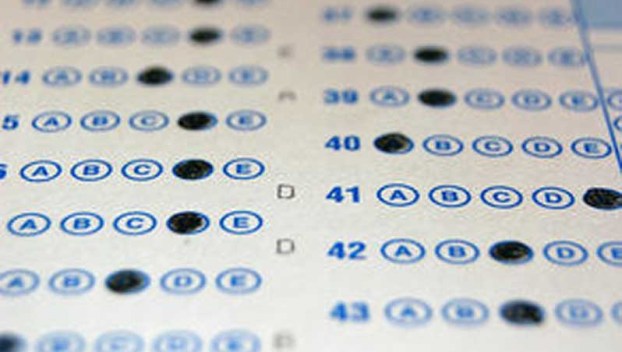
Cnhi Network
Should teachers take standardized tests? One charter school system thinks so
Frustration with standardized tests often goes like this: What about the people - legislators, bureaucrats, educators - who ... Read more

Frustration with standardized tests often goes like this: What about the people - legislators, bureaucrats, educators - who ... Read more